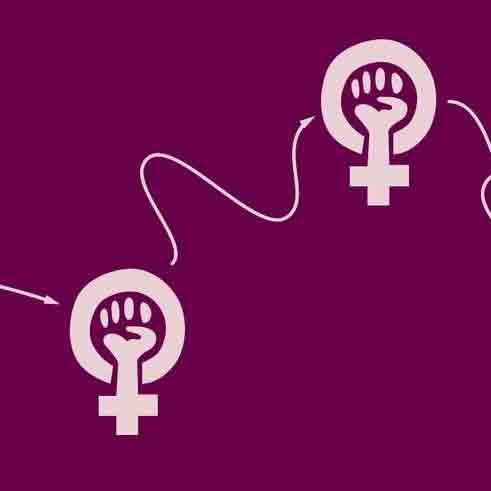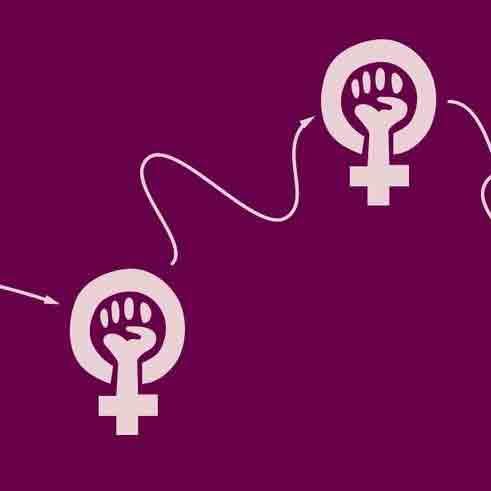Living in a digital era where access to the news is so widely accessible can make it feel like there’s a pressure to constantly stay up-to-date with the latest doom and gloom.In fact, this is where the term ‘doomscrolling’ comes from – the constant over-consumption of bad news. There’s a reasonable expectation to stay informed about current events, and it’s important that we do so in order to develop empathy and be in community with others who are struggling. However, doomscrolling promotes what’s known as ‘excessive empathy’ where constantly consuming tragic, depressing news makes us feel low, sad, anxious and stressed. Feeling sad, depressed, anxious, guilty and angry at world events is completely valid, but when this becomes obsessional or seems to completely take over our mood, it might be time to reconsider how we’re engaging with it. Here are a few tips to begin being more intentional about your news consumption.
Keep an eye on the time
Reducing how long you doomscroll is an obvious way to soothe the stress and anxiety it causes. However, this can be difficult to do, particularly because social media and algorithms are designed to keep us online for longer. If you can, try to pick one or two times in the day where you’ll check the news and decide not to look at it outside of this. It can also be helpful to stick to just one or two trusted and fact-based news sources to avoid the overwhelm of information, contrasting opinions and excess data. If you find it impossible to self-limit your exposure to the news, there are a number of helpful apps and settings you can try. Apple has its own internal app limit setting that you can place on your news apps. Simply go to Settings, Screen Time, App Limits, Add Limit, and Information & Reading. On an Android phone, a similar option is available under the Digital Wellbeing tab in Settings. There are also a number of apps that are aimed at parents to help them control their kids’ screen time, but these are also extremely helpful for adults. Apps like Kidslox and Screen Time make it easy to set time limits on certain apps and monitor your phone usage.Stay connected, but not too connected
The 2020 US election was considered such a significant source of stress for many Americans that the American Psychological Association released some guidance on managing the election anxiety. One of their tips is to stay socially connected. Whilst we may feel we’re doing this through our phones, it’s important to spend time with people in real life, and particularly useful when we’re feeling overwhelmed to have someone to turn to for support. Aim for one social plan a day, even if that’s lunch with a colleague or a quick call with a loved one, and use that time to avoid staring at your screen.Take some deep breaths
Harvard Health endorses breathing exercises as a way to calm nerves. If you’re finding yourself reacting physically as well as mentally to the news, it may be that your breathing becomes shallow and erratic, putting your body into ‘flight’ mode. It can help to try and control your breathing and they recommend the following breathing technique:- Breathe in slowly and deeply, pushing your stomach out so that your diaphragm is put to maximal use.
- Hold your breath briefly.
- Exhale slowly, thinking "relax."
- Repeat the entire sequence five to 10 times, concentrating on breathing deeply and slowly.










































1 comment
The news is driving me nuts! Thank you Dame for posting this appropriately timed article with useful tips to cope with this crazy world… Where’s the humanity?